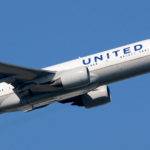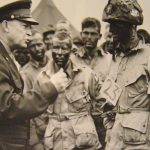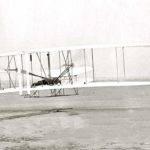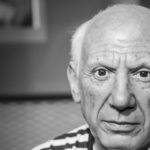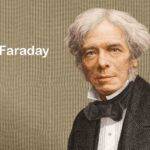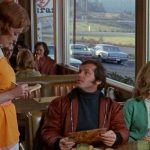A Creative Lesson in Civil Disobedience for Corporate Leaders
NOTE: This article was quoted in the Los Angeles Times, and San Francisco Chronicle.
On April 9, 2017, at O’Hare International Airport, a physician was dragged off United Airlines flight 3411 after he refused to give up his seat to a United Airlines employee. He lost teeth, suffered a broken nose and a concussion.
Like Dorothy in the Wizard of Oz, the dragged passenger was just trying to get home, and like a civil rights protestor, he was disobeying an unjust rule.
The passenger’s brave resistance was an act of civil disobedience that put a spotlight on the unjust rule of forcing customers off flights — it was a customer revolt.
If a rule is unjust, who among us will be brave enough to break the rule until we are released from its shackles?” — Curtis Panasuk
 How can you avoid a revolt of your customers? The entire incident have been avoided by using a little creativity, and doing the right thing.
How can you avoid a revolt of your customers? The entire incident have been avoided by using a little creativity, and doing the right thing.
The employees of United Airlines are smart, motivated, witty, creative and hard working. They are dedicated husbands, wives, parents and partners, and they know the right thing to do for customers — “The golden rule.”
 However, their company failed to give them permission to think creatively and do the right thing.
However, their company failed to give them permission to think creatively and do the right thing.
I teach corporate leadership and creativity, and I repeatedly see the cast-in-concrete rules of companies stifling employees from being creative and doing the right thing which costs companies billions annually, and causes customers pain and suffering.
The United Airlines’ rule book prevents its employees from doing the right thing, and the rule makers (Big Brothers) sit in silos where they cannot hear the front-line employees saying that a rule is foul.
The United Airlines’ rule book is missing the most fundamental rule which is “ignore all the rules, and just do the right thing.” – Curtis Panasuk
Nordstrom is a shining example of how to do it right because they created a culture of giving their employees the power to set policy on the spot.
As an example, a person walked into a Nordstom store to return tires that had been purchased when that site was a tire store. The Nordstom clerk did not need to call corporate headquarters, or even a manager, they simple opened the cash register and gave the customer their money back.
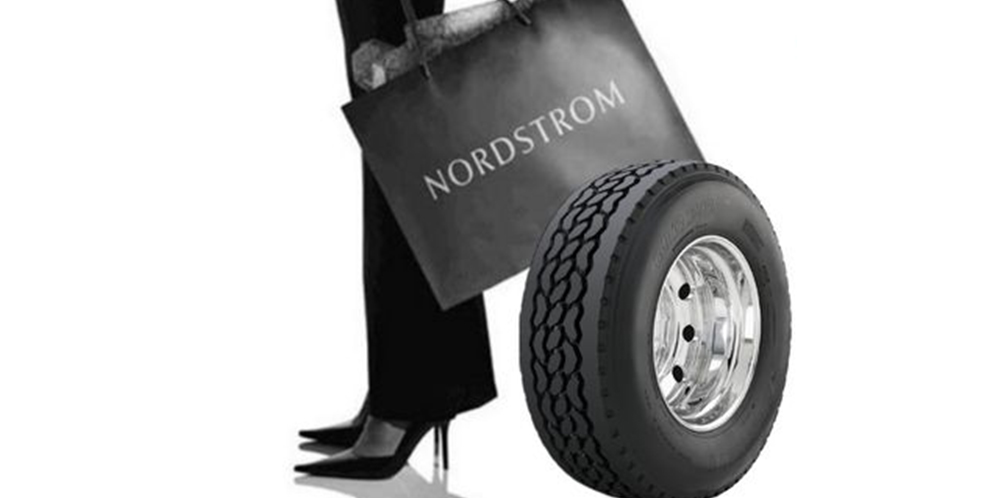
If the United Airlines employees had the freedom to be creative and raise the overbooking payout beyond the $800 limit, no one would be suffering.
If the United Airlines employees had the freedom to report and change unjust rules, the company could soar to new levels of service and profitability.
The best corporate policy is “no policy” so that employees will have the freedom to be creative and improvise for the customer. Then, employees can think for themselves instead of having their actions micromanaged by corporate “mission control.”
Employees naturally know what to do, that is why they were hired, so maybe the best policy is simply, “Do the right thing.” Step out of the way, and let the employees act local, and think global.
The CEO, Oscar Munoz, could begin the process of finding and fixing the bad rules of his company by stepping out of his first class silo, and flying coach (become his own customer), scheduling his own travel — “eating his own dog food.”
He could follow the management technique of “wandering around” his organization which was popularized by Hewlett-Packard. Or, to paraphrase the Native American saying, “Each day, a CEO needs to walk a mile in their customer’s moccasins.”
United Airlines did change this one “dragging” rule to reduce the chance that future passengers will be dragged (United offers bumped fliers up to $10,000 after video flap).
The dragged United Airlines passenger is a hero because his sacrifice changed the outrageous policy of forcing customers off flights. This incident is an example of civil disobedience popularized by Gandhi who borrowed the idea from Thoreau.
That is how Martin Luther King broke down the rules of segregation. If Martin Luther King and Gandhi followed the rules, then discrimination would still be widespread in the United States, and the British would have continued to dominate the people of India.
 P.S. Thanks to another customer’s revolt, I don’t think that United Airlines will break any more guitars.
P.S. Thanks to another customer’s revolt, I don’t think that United Airlines will break any more guitars.
What do you think?
curtisp@creativity-workshops.com







